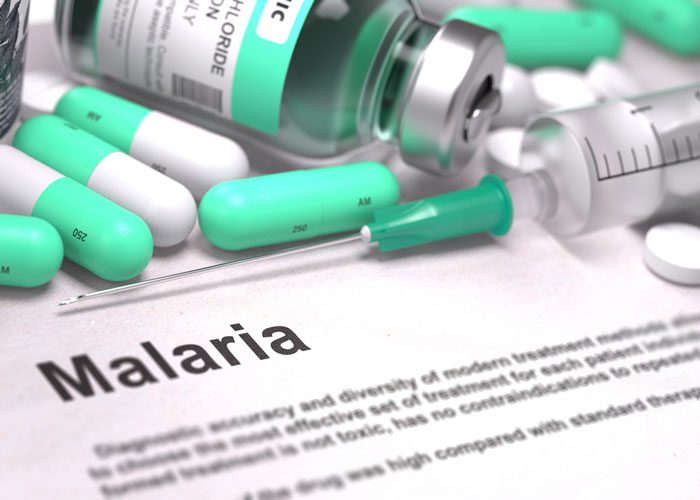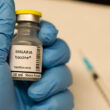Malaria Treatment Explained
Fighting the Danger: Comprehending Malaria Treatment Recommendations
Malaria is a parasite disease spread by mosquitoes that remains a major worldwide health concern. For serious illness and death to be avoided, early diagnosis and efficient treatment are essential. With an emphasis on antimalarial medications, drug resistance, and the choice of suitable treatment regimens, this blog examines the fundamental elements of malaria treatment guidelines.
Table of Contents

Antimalarial Drugs: The Arsenal Against Malaria
Malaria Treatment Explained
Treatment for malaria involves a variety of antimalarial medications that target distinct stages of the Plasmodium parasite life cycle:
- Blood-Stage Schizonticides: These medications, which target the asexual stages of the parasite that reproduce quickly inside red blood cells, are the cornerstone of treatment for malaria. Aminoquinolines, antifolates, and derivatives of artemisinin are a few examples.
- Tissue Schizonticides: These medications prevent parasites in the liver stage from becoming blood stage parasites by going after their dormant form. One such example is primaquine, which is mostly used to stop Plasmodium vivax infections from relapsing.
- Gametocyticides: These medications destroy the parasite’s sexual forms, or gametocytes, which are what spread by mosquitoes. Additionally, primaquine has gametocidal properties.
The Imminent Danger: Resistance to Antimalarial Drugs
Malaria Treatment Explained
Controlling malaria is significantly hampered by the growth and spread of drug-resistant Plasmodium parasites. Treatment effectiveness declines and the chance of developing a serious illness rises when parasites become resistant to widely prescribed medications.
- Artemisinin Resistance: Since artemisinin-combination therapies (ACTs) are the current standard of care, the emergence of P. falciparum strains that are resistant to artemisinin is a serious concern.
- Monitoring Resistance: To inform treatment recommendations and direct the development of new antimalarial medications, ongoing surveillance of drug resistance patterns is necessary.
Customizing Care: Selecting the Appropriate Regimen
Malaria Treatment Explained
A number of factors influence the choice of antimalarial medication regimen, including:
- Plasmodium Species: The drug susceptibility profiles of different Plasmodium species vary.
- Severity of Infection: Treatment for uncomplicated malaria differs from that for patients of severe malaria.
- Patient Factors: The choice of treatment is influenced by the patient’s age, pregnant status, and other medical factors.
- Drug Resistance Patterns: In order to ensure effective therapy, treatment recommendations take into account local patterns of drug resistance.
The Bearer of the Standard: Combination therapies with artemisinin (ACTs)
Malaria Treatment Explained
The WHO advises using ACTs as the first line of treatment for uncomplicated falciparum malaria due to the risk of drug resistance. ACTs combine another fast-acting antimalarial medication with a derivative of artemisinin. The emergence of resistance is lessened with the use of this combination therapy.
Beyond ACTs: Other Available Therapies
Malaria Treatment Explained
Artesunate is one intravenous medicine that may be required for severe cases of malaria. Furthermore, in certain circumstances, such as the treatment of P. vivax-caused malaria or the avoidance of relapses, alternative antimalarial medications such as primaquine and atovaquone-proguanil may be utilized.
The Value of Adherence: Finishing the Entire Treatment Course
Malaria Treatment Explained
Even if symptoms improve quickly, it is imperative to finish the full term of antimalarial medication as advised. Drug resistance develops as a result of incomplete therapy, which also raises the chance of parasite recrudescence.
In summary, a cooperative endeavor towards successful therapy
Malaria Treatment Explained
Reducing disease transmission and saving lives are dependent on effective treatment for malaria. It is imperative to revise treatment guidelines on a regular basis in light of emerging antimalarial medicines and trends of drug resistance. In order to guarantee that patients have access to quality care and stop the development of drug resistance, cooperation between local, national, and international organizations is essential.
We can make sure that patients receive the most suitable and efficient treatment for malaria by being aware of the drugs that are currently available, the difficulties associated with drug resistance, and the factors that influence treatment selection.


